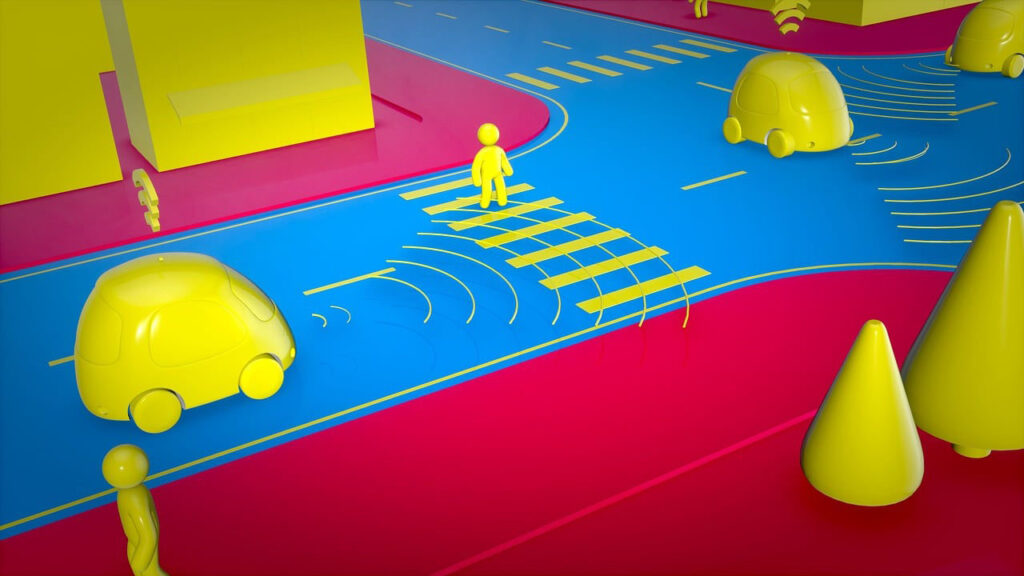The Global Positioning System (GPS) has become an integral part of our lives, enabling accurate navigation, location tracking, and a wide range of location-based services. GPS modules, in particular, play a crucial role in harnessing this technology by providing the necessary hardware and functionality to receive and process GPS signals. In this article, we will explore the functional features of GPS modules and their significance in enhancing navigation and location services.

One of the key features of GPS modules is their ability to provide precise positioning information. By receiving signals from multiple GPS satellites and performing calculations based on the time delay of these signals, GPS modules can determine the user's latitude, longitude, and altitude with remarkable accuracy. This feature is vital for various applications, such as vehicle navigation, asset tracking, and outdoor recreational activities.
GPS modules also offer time synchronization capabilities. GPS satellites transmit highly accurate atomic clock signals, which GPS modules can receive and use to synchronize the internal clock of devices. This feature is essential in applications that require precise timing, such as telecommunications, financial transactions, and scientific research.
In addition to position and time data, GPS modules can provide information about the speed and velocity of a moving object. By analyzing changes in position over time, GPS modules calculate the speed and direction of motion accurately. This functionality is valuable in applications like sports tracking, fleet management, and logistics, where real-time speed monitoring is crucial.
GPS modules can assist users in navigating from one location to another by providing turn-by-turn directions. When integrated with mapping software, GPS modules can calculate the optimal route, display maps, and provide audiovisual instructions to guide users along the way. This navigation feature is extensively used in automotive GPS systems, mobile navigation apps, and wearable devices.
GPS modules can enable geofencing, which involves defining virtual boundaries around specific geographic areas. When a device equipped with a GPS module enters or exits these predefined boundaries, the module triggers an event or alert. Geofencing is widely employed in applications like security systems, fleet management, and location-based marketing, where it helps monitor and control movement within designated areas.
Many GPS modules have built-in memory or storage capabilities that allow them to record and store location data over time. This feature is particularly useful in scenarios where continuous tracking and data collection are necessary, such as scientific research, wildlife monitoring, and outdoor adventures. The logged data can be later analyzed or visualized to gain insights into movement patterns, behavior, or environmental conditions.
Some advanced GPS modules incorporate additional sensors like accelerometers, gyroscopes, and magnetometers. These sensors provide complementary data that enhances the accuracy and functionality of the GPS module. For example, combining GPS data with accelerometer readings can improve the estimation of speed and distance traveled, especially in scenarios where GPS signals might be temporarily obstructed, such as urban canyons or dense forests.
GPS modules play a vital role in enabling accurate navigation, location tracking, and a wide range of location-based services. With features such as precise positioning, time synchronization, speed measurements, navigation assistance, geofencing, data logging, sensor integration, and power efficiency, GPS modules have become indispensable components in various industries and applications.
As technology continues to advance, we can expect further enhancements in GPS module functionality, opening up new possibilities for location-based services and improving our overall navigation experience.
Prev:UWB Tracking Solution for Restaurant Table Customers
Next:Bluetooth Beacon Asset Tracking: Revolutionizing Asset Management
Copyrights© Shenzhen Skylab Co.,LTD All Rights Reserved.

